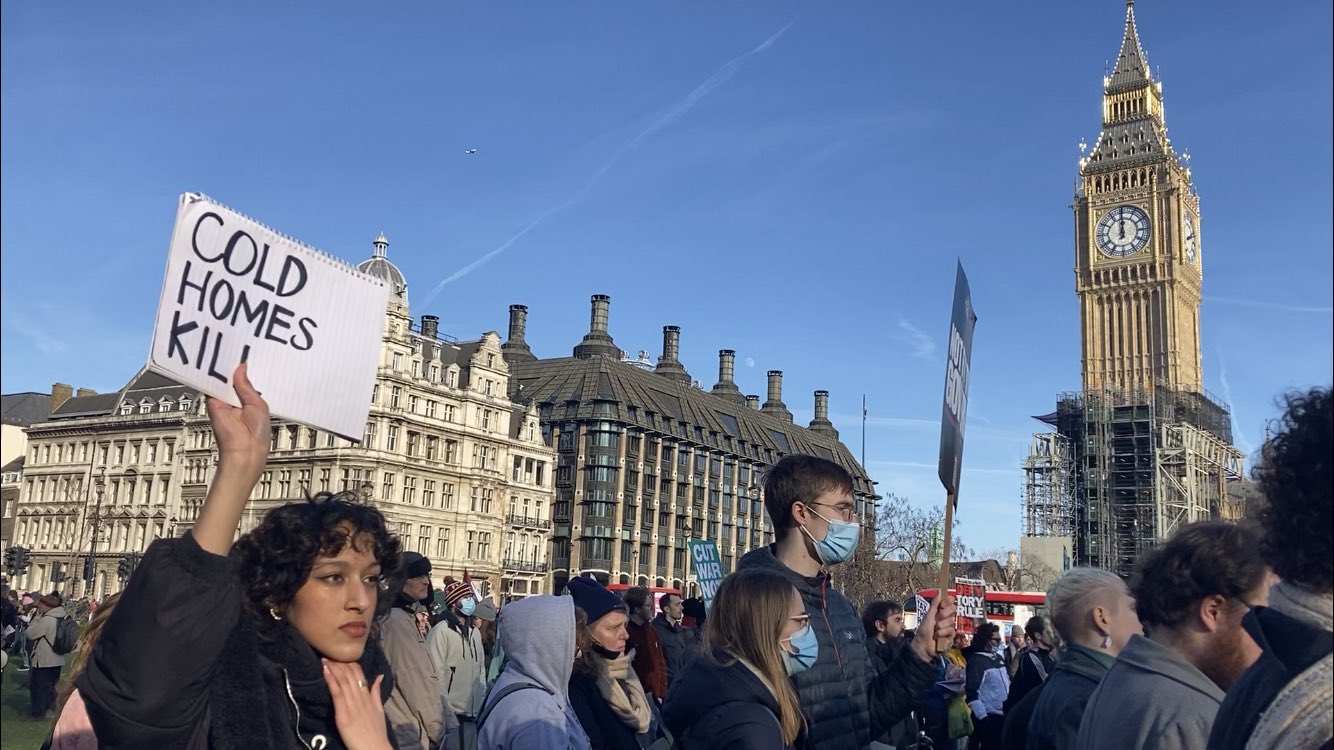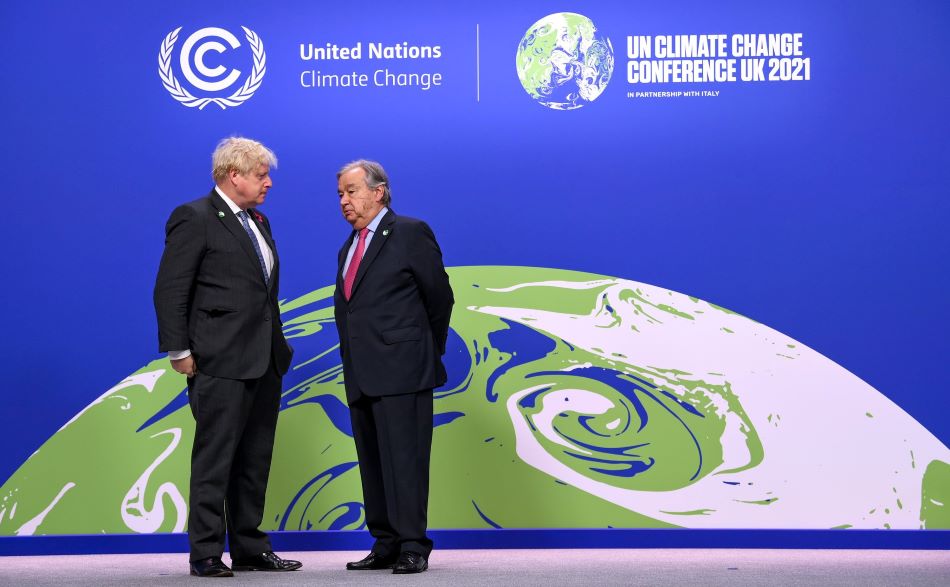Cost of living crisis - fossil fuels are costing the earth
Submitted by Claire on Thu, 2022-02-10 18:08
In a rich country like the UK, people should not have to choose between warm homes and decent food. But with a combination of rising gas prices, a failure to insulate homes or build enough renewable energy, and a deeply unequal society after a decade of austerity and benefit cuts... this is the reality for many.
On 12 February there were protests around the country about the cost of living crisis. Further days of action have been called for 5 March and 2 April.
The crisis is being used by some in the rightwing media and Conservative party to argue that we 'can't afford' climate action, or that pumping more fossil fuels from the North Sea could solve the problem - despite the obvious fact that in a global market, oil companies will export their product to wherever they get the best price.
As families struggle, oil companies' profits have shot up with rising gas prices.
Shell recorded $19.3 billion profits in 2021, while BP raked in $12.8 billion
A windfall tax on energy giants' profits would help ensure that no one has to choose between eating and heating their homes - sign the petition here
More fundamentally, the UK's heavy dependence on gas and failure to insulate our leaky, energy inefficient housing that have left us so exposed.
In the past decade this government has failed twice over on warm homes: rates of home insulation plummeted because of a lack of support, and new houses are still being built which are not energy efficient.



